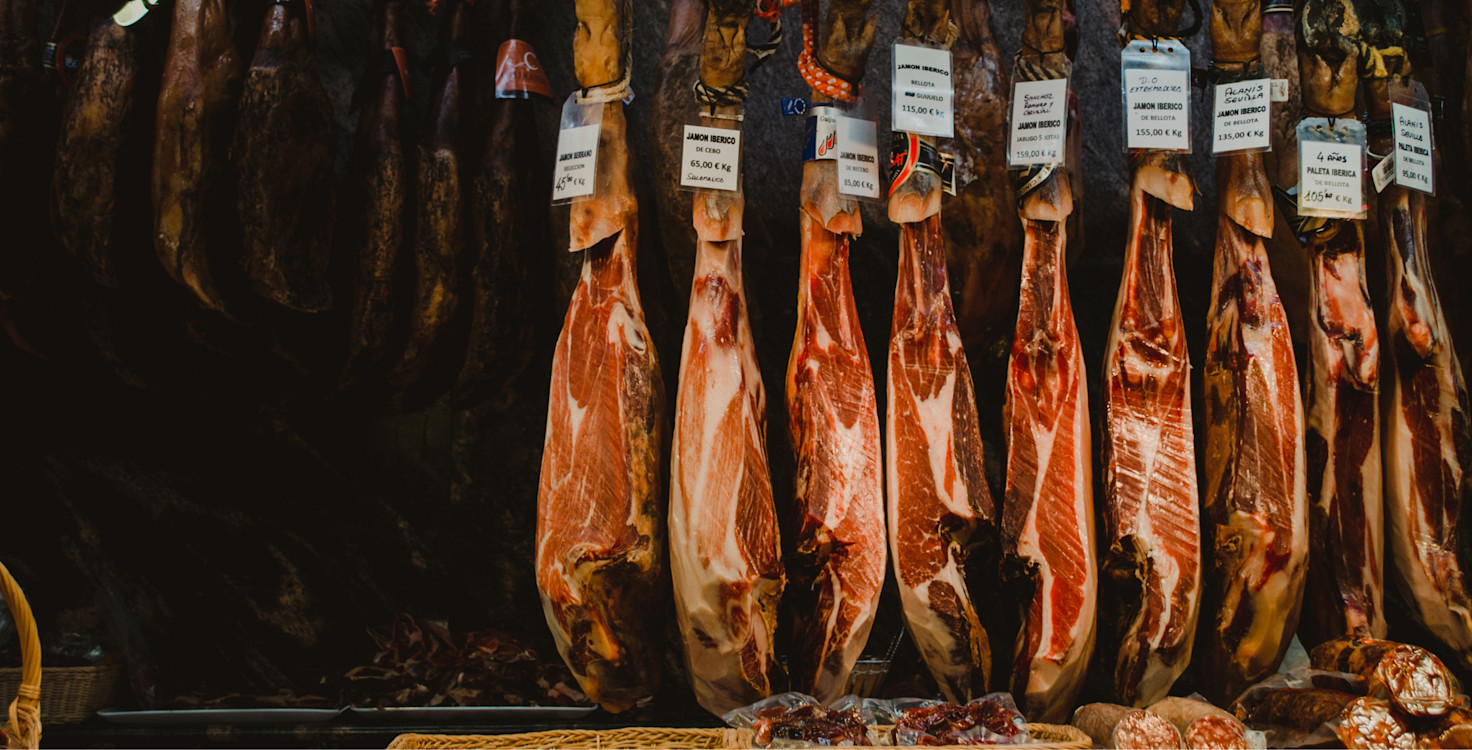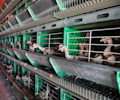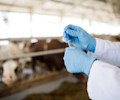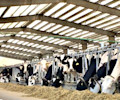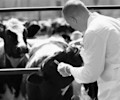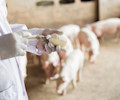The global meat industry is becoming hard for investors to swallow.
Environmental and social risks are building up in the sector, raising the prospect that farmed meat becomes the ‘new fossil fuel’ — increasingly regulated, publicly reviled and rejected by investors unwilling to chance billions of dollars in losses.
This may appear overly dramatic, but institutional investors have been here before. Companies guilty of environmental, social or governance (ESG) failures have seen their worth slashed, almost overnight. Entire industry sectors that have failed to anticipate changes in public perception have almost disappeared.
Take BP. In 2010, it was the world’s second largest oil and gas company by assets. Within weeks of the Deepwater Horizon disaster — blamed on a culture of poor safety standards — it had lost more than half its value. Or Volkswagen. The German car giant’s share price fell by two-thirds in 2015 after the diesel emissions scandal broke.
Just as disastrous to corporate value can be the slow-bleed of a changing regulatory landscape. Shareholders watched multi-billion-dollar US coal mining companies such as Peabody collapse into bankruptcy as pollution controls and cheap natural gas strangled coal demand. Once mighty German power companies E.On and RWE have shrunk in value due to their failure to navigate the renewables revolution.
These are extreme examples. But changes in how the world produces and trades meat are creating ESG risks that are increasingly concerning investors, and which are already leading to incidents and scandals that can cost billions of dollars, and could foreshadow profound changes to the industry.
Our reliance on factory farming has consequences
Much of the blame lies with the emergence of large-scale factory farming, often utilizing global supply chains. More than 70% of the world’s livestock is now factory farmed — i.e. raised in closed barns with restricted movement. That figure rises to an astonishing 99% in the US. As recently as the 1990s, just 30% of pigs in the US were factory farmed, compared with 97% now.
These techniques are spreading around the world. Meat production in the least developed countries doubled in the two decades to 2012. Asian countries, in particular, have begun to industrialise their animal farming systems. In China, the number of pigs grew by nearly a third from 1993 to 2013, cattle numbers were up almost half, while the number of chickens doubled.
Intensive farming methods reduce costs in the short term, but can create longer-term liabilities. For example, they produce large amounts of waste, risking local pollution. They increase the risk of animal pandemics, and tend to make them more severe and costly when they do occur. The 2015 avian flu outbreak in the US, for example, is estimated to have cost the US economy more than $3 billion.
The unhealthy conditions in which factory-farmed animals are kept are also leading to the overuse of antibiotics to control disease. Almost three-quarters of medically important antibiotics are used on livestock, much for routine preventative purposes.
This is raising the spectre of antibiotic resistance — and a ‘post-antibiotic era’ where common infections can kill, and routine operations become dangerous. In late 2015, bacteria resistant to Colistin, described by doctors as the antibiotic of last resort, was discovered in a Chinese pig farm. It has now spread to 19 countries, including the UK.
A recent report from FAIRR, the investor initiative I work for, highlighted the risk that antibiotic resistance poses to investors in the farming sector. Regulatory responses could reduce the availability of antibiotics for veterinary use, with serious operational implications for intensive farming. Changing consumer sentiment could hit demand. Food exporting countries could face trade restrictions. It was in issue covered only this week in the New York Times.
Weakened supply chains
Meat supply chains are already showing signs of strain. In 2014, one of China’s largest food manufacturers, Shanghai Husi Food Co., was accused of supplying expired meat to fast-food restaurants in China and Japan. Two major chains, McDonalds and Yum! Brands (owner of KFC and Pizza Hut) saw sales drop, and their market value fall a combined $10bn.
More recently, two major Brazilian meat companies were implicated in a tainted meat scandal. One, JBS, is reportedly delaying a stock offering in New York as a consequence.
Investors are beginning to respond. Institutions managing almost $2 trillion of assets have joined the FAIRR initiative to better understand the issues involved in factory farming, and to exert their influence on the companies in which they invest to reduce the related risks.
However too many investors — managing the savings, pensions and insurance policies of hundreds of millions of ordinary people — remain ignorant of, or indifferent to, the exposures they face. Just as with fossil fuels and climate change, factory farming will inflict material losses on those investors who are too slow to respond to the sector’s unsustainable practices. It is important that they act now by engaging with initiatives like FAIRR.
FAIRR insights are written by FAIRR team members and occasionally co-authored with guest contributors. The authors write in their individual capacity and do not necessarily represent the FAIRR view.
